Harris, Reed & Seiferth
|
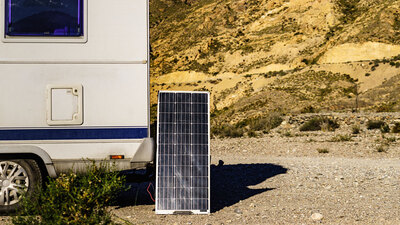 There are many benefits of having solar panels on your RV, and depending on your lifestyle they could save you a TON of money. However, there are also reasons you could argue for why you shouldn’t install panels. If you’re thinking about getting them for your RV but are still on the fence about it, here are some things to consider! Are solar panels worth it?
This depends solely on your lifestyle. If you enjoy spending a majority of time “off-the-grid” or frequent dry camps without power hookups (this is known as “boondocking”), then solar energy may be the way to go. Having solar could open up a lot more possibilities and allow you to explore different spots, rather than just hunting down the next camp with a hookup. Plus - you will certainly see some long-term savings if you compare solar panels to a gas generator. According to experts, you can expect your solar “payback period” to be around five years.1 However, if you are someone that spends a majority of your time at campsites with hookups or you only take big RV trips a few times a year, installing solar panels wouldn’t be practical. You are better off using the camp’s local power system and paying the associated fee. How do solar panels work on an RV? Most people think that solar panels are meant to power an RV – and that’s not entirely true. The purpose for solar power is to recharge your battery bank. Solar panels work the same as a gas generator except it requires no gas, makes no noise and can charge your batteries for a long period of time (as long as the sun is out and shining). According to EnergySage, if you have an 800 W system that’s in direct sunlight for five hours a day, it will produce 4,000 watt-hours (Wh) of energy each day. To put that into perspective, you’ll be able to power small electronic devices like a TV or a microwave, but you won’t be able to run your refrigerator for an entire day. If there isn’t any sunlight for a few days, however, that can pose a problem. It’s a good idea to have a plan B – like a back-up generator. How much do solar panels cost & how many do I need? The price varies with what wattage you would need for your RV, but it’s certainly not cheap! A good list of solar panels specifically designed for RVs, their prices and how many you would need can be found in this article from EnergySage. Can I install solar panels myself? Yes! With the proper tools and parts, you can install them yourself, but it’s not an easy process. If you decide to do it yourself, make sure you do extensive research on the installation equipment you’ll need to run an RV solar setup. If you’re not the handy type, call a professional solar panel installer to do this for you. Overall, if you decide to take this next step in your RV lifestyle, you won’t regret it. Not only will it enhance your camping experience, it’s also great for the environment and will save you big bucks long-term. Happy camping from Foremost Insurance! 1https://news.energysage.com/rv-solar-panels/ Source: https://www.foremost.com/learning-center/solar-panels-for-your-rv.asp
0 Comments
 The time has come…do I keep renting, or do I buy? I've been renting various apartments for most of my life because it's been easy and convenient. However, since I've decided to stay in my city long-term, there's no reason not to start looking at homes on the market. From a financial perspective, it's a lot smarter. I would rather build equity with a home than continue to pay for something I'll never own. I was talking with a friend about home ownership, which is when she mentioned getting a condo, instead! The more I considered it, the more I started warming up to the idea of living in one – so I decided to make a pros and cons list for you and me! Pros of owning a condo: Amenities at my leisure. Along with owning a condo, you have several different condo amenities available to you, which may include a fitness center, pool and play area for children. No more outdoor maintenance. The last thing I want to do when I get home from work is mow the grass and work on landscaping. Thanks to the homeowner association, I will no longer have to do any yard or exterior work on my building (that includes the roof!). Also, depending on your association agreement, they may also cover snow removal. Lower price tag. Buying a condo is more affordable than buying a single family home. The number, of course, depends on the size of the condo, and the cost of living in the area. More Security. Certain condos provide gated entries, doormen, or even security guards for their residents. This is very important for someone who lives alone. Also, being in close proximity to your neighbors is beneficial if you ever have an emergency, or feel like you’re in danger. Cons of owning a condo: Homeowners association fees. All of those fabulous amenities, maintenance and other services are only available because of the HOA fees you have to pay every month. Yes, this is on top of paying your mortgage. The fees can range from a $200 to a thousand dollars or more a month, and can be raised at different times throughout the year. You must live by the rules. Condo associations have a set of rules to keep the building well-kept and everyone happy. The rules are often things like: no loud music after 10 p.m., keeping up the appearance of your home at all times, and in some cases, no pets allowed. They can even enforce what color they want to paint the exterior of your condo, and you have no say in the matter. Not as private. You are very close to your neighbors, so sometimes it can feel like nothing is private. Along with sharing walls, you share parking, pools, tennis courts, etc. There are probably times it will have the same feel as living in an apartment. There is such a thing as detached condos, but that comes with a higher price tag. Condos appreciate at a slower rate. This is because when you own a condo, you don't own any land, which is a key factor that increases a home's value. Instead, you only own the inside of the unit. I don't plan on living in a condo forever, so this was a big thing to consider. In addition to my list, I'm getting some insight from people who currently live in condos to hear what they like, and don't like. If you currently live in a condo, feel free to share your experience in the comments below!
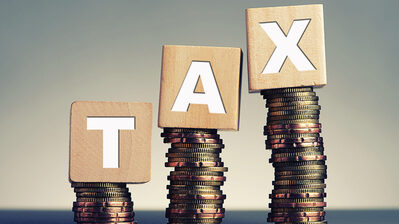 Did you become a landlord this year by accident? Unforeseen circumstances like job relocation, downsizing, or home inheritance may have put you in this category. Now that tax season is underway, the Internal Revenue Service won't see your "accidental landlord" status as an accident. In fact, if you rent any space for 15 days or more, you'll need to report your rental property and earnings on your federal income statement, according to the IRS. Here are three tips to help steer you in the right direction as you file your taxes as an "accidental landlord" this year. 1. Gather records of your income and expenses Record your rental income earnings from the prior year and all cash-related expenditures on the property on IRS 1040 Form Schedule E. Things like property taxes, energy costs, association fees, maintenance and landlord insurance, legal fees (if a lawyer drafted your rental contracts), ad costs to rent the space, and repairs are now deductible because your home is a rental property and not a personal residence. In recent years, there's been an increase on rental property audits, so be sure you have receipts and proper documentation to support your deductions in case you're audited. 2. Exclude security deposits If you have a hefty deposit that was returned during the taxable year, don't forget to leave that out of your statement. 3. Take depreciation Tax pros who have real estate experience may be able to help you calculate your annual allowance for wear and tear. Taking depreciation helps offset any drop in property value. The IRS states that if you meet the following requirements below, your property is eligible for depreciation:
Source: http://www.naylornetwork.com/caa-nwl/articles/index-v2.asp?aid=144523&issueID=24000
Source: https://www.foremost.com/learning-center/tax-tips-for-accidental-landlords.asp With the crisp winter air, it won't be long before you're able to take your snowmobile out on the trail, if you haven't already. Before you do, you may want to ask your insurance agency some questions about snowmobile insurance coverage. Foremost Insurance Group has some suggestions to help you get started. 1. Is my optional equipment covered? "You'll want to know if your windshields, new seats or running boards are covered under your current policy, if they aren't included as standard by the manufacturer," says Foremost® assistant product manager Jarrod Long. "A good policy will give you a set amount of coverage for optional equipment included with your comprehensive coverage, with the ability to purchase more." 2. Is my safety apparel covered?" Helmets, gloves, boots and any other clothing designed to minimize injury are generally considered safety apparel," adds Long. "Be sure to discuss what this coverage includes with your agent. Typically damage to safety apparel is covered, but theft is not. Check with your agent or broker." 3. What kind of higher limits are available for Liability coverage?" Liability coverage is important in case you are found responsible for someone else's injury while driving your snowmobile," states Long. "Considering attorney fees and other costs associated with litigation can increase quickly, having the option for higher limits is a plus.. Based on their financial situation, most people try to match their snowmobile liability limits to the liability limits they have on their automobile." 4. What discounts are available?" Discounts will help you save money on the premium you pay for your policy," Long adds. "You may qualify for a multi-policy discount if you insure more than just your snowmobile with the same company. Specifically for snowmobiles, you may be able to get discounts for taking safety courses or having multiple vehicles." 5. What payment plans are available? "Whether you want to pay in full or in installments, having the flexibility to choose is a good option to have," suggests Long. "Talk to your agent or broker. Insurance companies offer many different plans such as one-pay, four-pay or ten-pay options." Source: https://www.foremost.com/learning-center/top-questions-to-ask-about-snowmobile-insurance.asp
Moving into a new rental property is such an exciting process! Sure, it's also super time-consuming and can be pretty demanding, but finally settling in can bring so much joy. I recently made the move from my college house into a full-on adult apartment and I was giddy with anticipation! Anything that came my way from the apartment complex was immediately completed and returned, all the T's crossed and I's dotted – including the lease. It didn't dawn on me until after I had sent it back that I probably should have read it more thoroughly. Luckily, my lease outlined understandable guidelines and didn't have any weird rules or vague statements releasing the complex from responsibility. Before signing a lease, make sure you know what you're getting yourself into. Your lease is more than just a piece of paper with boring writing on it – it's a legally binding contract! Most leases are pretty straightforward, but once you sign it, you're locked in for the near future. Here are nine important questions to ask your landlord or leasing office before signing the rental agreement.
Source: https://www.foremost.com/learning-center/questions-you-shoud-ask-before-signing-a-lease.asp
A leaking water heater will do a lot of damage to your home. Even a small, slow leak can soak into the particle board subflooring and cause the subfloor to decay. Leaking water may also seep into carpeting, create mildew and permanently stain your walls. As awful as this sounds, a faulty water heater can cause even greater damage. Fire or toxic fumes from a water heater that is not properly installed or maintained could pose a real threat to you and your family.
Fortunately, most water heater problems can be avoided with proper maintenance. All water heaters should be frequently checked for leaks. It's important to check the pipe connections, the valves and underneath the unit. Simple preventive maintenance will help you avoid lasting damage from a leaking water heater. Take time to test the temperature/pressure relief valve once a year to make sure it's working. Be careful when you do. The water in the tank is HOT and can cause scalding burns. Pull up or push down on the valve handle; hot water should come out of the overflow pipe. If it does, the valve is working properly. Periodically drain a bucket of water from the drain faucet at the bottom of the water tank. Again, take care not to get burned by the hot water. Draining a bucket of water will remove sediment from the tank bottom that could corrode the unit as well as reduce its heating efficiency. Check all water lines, connections and valves for signs of leakage, especially where connections have been crimped. With a flashlight, check under the tank for small leaks that could be caused by rust and corrosion. You can protect the floor under the water heater from water damage by painting the area with a water sealant. If you do, be sure you've turned off the heat source to the water heater. Otherwise, you may create a fire hazard. Since particleboard may be damaged if it's soaked, consider replacing it with plywood flooring. You can install a specially designed drip pan under the water heater. These pans are available at most building supply stores for about $10. Make sure the pan you select has a drain out the bottom. AN IMPORTANT NOTE: If your water heater doesn't have a temperature/pressure relief valve, install one. This is a safeguard every water heater should have – it's an inexpensive attachment that can save you thousands of dollars, especially on home insurance. After you have installed the valve, test it. Open the lever on the valve. If water spurts out, the valve is working. Source: https://www.foremost.com/learning-center/water-heater-maintenance.asp Why buy a vacant home? One of the biggest perks is being able to make the home whatever you want it to be. You can make it your new home, create a vacation home, rent it out, or fix it up and sell it to someone else. In some cases the seller may be willing to sell a vacant home cheaper than an occupied home. This is good news for you because you can save some money, but it could also mean something might be wrong with the house. It may need a little love, attention and renovating. Before you purchase a vacant home, here are a few things to do and watch out for: Professional Inspection Ask for an inspection from a professional and take notes on what they discover. You'll want to know what's broken, what needs to be fixed and what could possibly go wrong. (Note: Be prepared to pay for the home's electricity to be on for the duration of the inspection). Critters Since vacant homes can sit for quite some time, critters may come in and make themselves at home. Although they are usually small animals such as mice or bats, they can cause damage to a vacant house. Those unwanted critters can eat at the floors, carpets, walls and wiring. Be aware that you may need to hire a pest control service, and this could be costly based on the number of animals and the amount of damage. Plumbing
There may be plumbing issues that have caused dried and cracked seals, slow faucets, leaks and other issues. If the heat hasn't been on and the temperatures dropped, the pipes could be at risk to freeze or burst (if they haven't already). Appliances The previous owner may not have unplugged their indoor appliances, such as refrigerators and freezers, or let them dry out. There may be mold inside from the moisture being trapped. Having appliances plugged in with no one there could result in a fire (if the electric was on). Appliances in the house may become unusable due to long periods of sitting with no use, which means you will need new ones. Molds Remember, molds can grow on more than just appliances! Check for mold in the walls, floors, pipes…everywhere! Some molds may cause health issues, so if mold is found during your inspection, you may want to rethink purchasing the home. Talk with your inspector about the extremity and presence of mold, and evaluate the safety risks. Unanticipated Repairs There are other potential sources of damage. For example, break-ins are more likely when a home appears empty, and windows, doors and other items could be damaged by the intruder. Storms are another danger. Debris could hit the home and cause damage that may have gone undetected. Always thoroughly inspect the home before buying! There are a lot of things to do and watch out for before purchasing a vacant home, but the possibilities of what the home could be are endless. If you are looking to buy a vacant home but haven't found one yet, there are a few ways to move forward. Look online, talk to neighbors, get a realtor or simply drive around. There are more vacant homes than you think…happy hunting! Do you have more advice on buying vacant homes? Let us know in the comments! Summer is slowly making it's way here and before you get out on the open road, make sure you have the correct coverage for your RV:
"It's a good idea to consider specialized coverage for your recreational vehicle (RV)," says Foremost Insurance Group Senior Product Manager Randy Sellhorn. "It functions as a motorized vehicle some of the time and a home some of the time—having coverage for both of these purposes typically doesn't come from just an auto policy or a home policy." Here are top questions Sellhorn suggests you ask your agent or broker when you are deciding what coverage to purchase for your RV.
There is a common misconception that being a landlord is a great, easy way to make some money, but that is often not the case. Renting out a property can be a time-consuming and energy-draining task, but it has its' perks. I have lived in many different rental properties throughout my years as a college student, and I appreciate the time and care these owners have put into their respective properties. However, if the property owner seems distant or acts ill-mannered, the experience I have at that property isn't as good. Understanding how to pick your tenants and communicate with them creates a healthier and happier experience for everyone involved.
Source: https://blog.foremost.com/Eight-Tips-for-Being-the-Best-Landlord.asp
THE MONEY
Mortgage A mortgage is a loan agreement between you, the home buyer, and a bank or other creditor. They lend you the money and you get a home. To repay the bank or creditor for providing this money, the home buyer agrees to pay back the amount they borrow to purchase the home (the principal) plus an additional amount of money as interest A helpful Loan Calculator is located at http://www.calculator.net/loan-calculator.html You can change the repayment terms on a loan by choosing a 15-year fixed rate mortgage instead of a 30-year fixed rate mortgage, which means you'll pay off the loan principal and accrued interest in 15 years instead of 30. This will increase your monthly payment, but will decrease the total amount of interest you pay over the life of the loan. Note: there are many different types of mortgages! While I only mentioned a 15-Year and 30-Year Fixed Rate Mortgage, there are also variable rate and alternative loan programs like FHA (Federal Housing Administration) and VA (Veteran Affairs). Down Payment A down payment is a percentage of your home’s purchase price that you pay up front when you close your home loan in addition to the money you borrow. Lenders often look at the down payment amount as your investment in the home. Not only will it affect how much you’ll need to borrow, it can also influence:
Private Mortgage Insurance (PMI) If you are unable to pay 20% down on your home purchase, private mortgage insurance may be required by your lender. PMI is a special type of insurance to protect a lender (the bank or creditor) against loss if a borrower (you) defaults on your obligation to repay the loan. This type of insurance is costly and is not required if you can afford a 20% down payment. Even if your lender requires you to obtain PMI, you may not need to carry the PMI over the life of the loan. Check w/ your lender about your options to terminate the PMI once you have achieved a specified level of equity in your home. Appraised Value Many lenders require a formal appraisal by a licensed appraiser to ensure the value of your home is at least as great as the purchase price. This appraisal occurs between when your offer is accepted and when you close on the house. While you may have offered $180,000 on a house, if the appraiser returns and says the house is worth $170,000, you either have to pay that $10,000 difference in cash or ask the seller to reduce the purchase price to $170,000. Learn more about what to do if your home appraised lower than the purchase price here. Earnest Money Earnest money is submitted with your offer to demonstrate your intent to follow through with the sale if your offer is accepted. The appropriate amount of earnest money varies from market to market; your realtor can advise on what is customary for your situation. Earnest money can be handled in many ways; the following are common scenarios:
Closing Costs These are the costs incurred for the various expenses involved in the home buying transaction like title insurance, loan origination fees and appraisal fees. These costs vary widely from transaction to transaction. Your realtor and lender can assist you with learning more about the closing costs for which you will be responsible, but you can safely assume an average between 2%-5% of the purchase price. Remember, you as a buyer are responsible for paying your closing costs in addition to your down payment. So while you might have $30,000 saved up for a 20% down payment, you will also need additional funds to afford closing costs. THE TACTICS Closing Date The closing date is the date sign all the documents necessary to officially purchase a house. This is typically about a month after your offer is accepted. However, do not confuse this date with possession date, which is defined below. Possession Date At closing, you officially own the property. However, you may have agreed in your purchase agreement to allow the former owners to keep possession of the property until a later date. This means that although you have paid the down payment, paid closing costs, and are now responsible for the mortgage, you still do not have the right to move into your new home. Possession dates that don't line up with the closing date generally occur because the sellers need time to find a new place to live. However, the buyer must agree to a later possession date as part of the purchase agreement in order for the seller to retain possession of the property after the closing. Inspection A home inspection is a non-invasive, examination of the condition of the house that is designed to identify any problem areas with the property. The home inspector typically looks for evidence of insect, water or fire damage that may affect the value of the property. They will likely check heating, cooling, electrical and plumbing systems. They also may check structural items like the floors, walls and ceiling as well as the roof and attic. If your house has a basement, it should be examined for leaks and to make sure it has the proper supports in place. Remember, a home inspection is an examination of the property's condition, and is not the same thing as a home appraisal (see definition above). If your inspector finds damage in the home, you may be able to negotiate that the seller fix the issues or agree to a lower purchase price. Buying a house is complicated! But once you find the one that makes you feel at home, the headaches seem to be worth it. Best of luck to you all! Souce: https://blog.foremost.com/what-those-big-words-mean-buying-your-first-home.asp |
Categories
All
Archives
May 2024
|
Social MediaContact UsNavigation |
|
Website by InsuranceSplash
Privacy Policy | Terms of Use
© 2025 by HARRIS, REED & SEIFERTH INSURANCE GROUP, INC. All rights reserved.
© 2025 by HARRIS, REED & SEIFERTH INSURANCE GROUP, INC. All rights reserved.

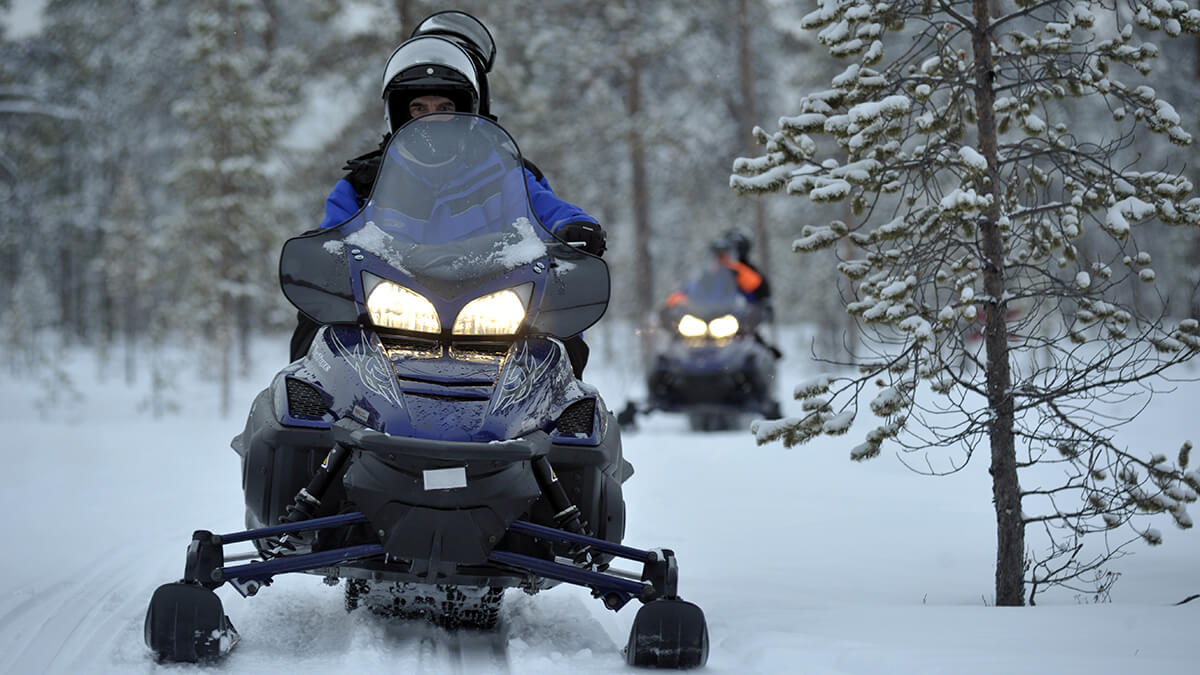
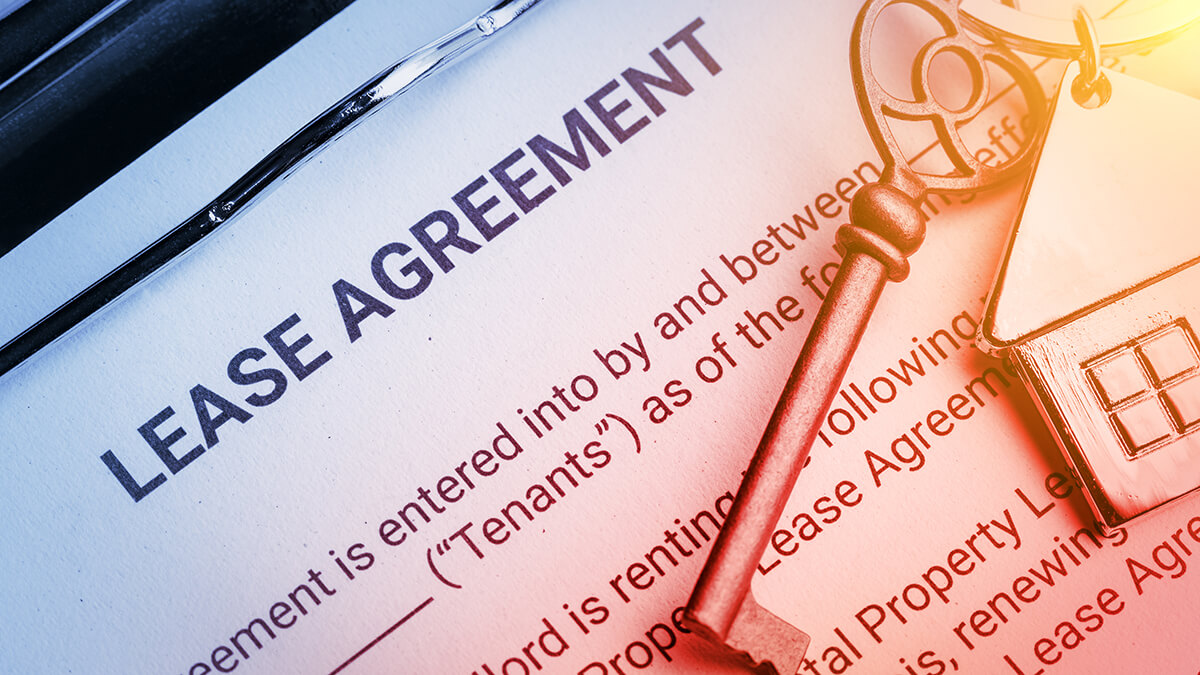
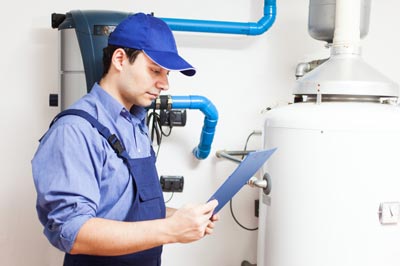
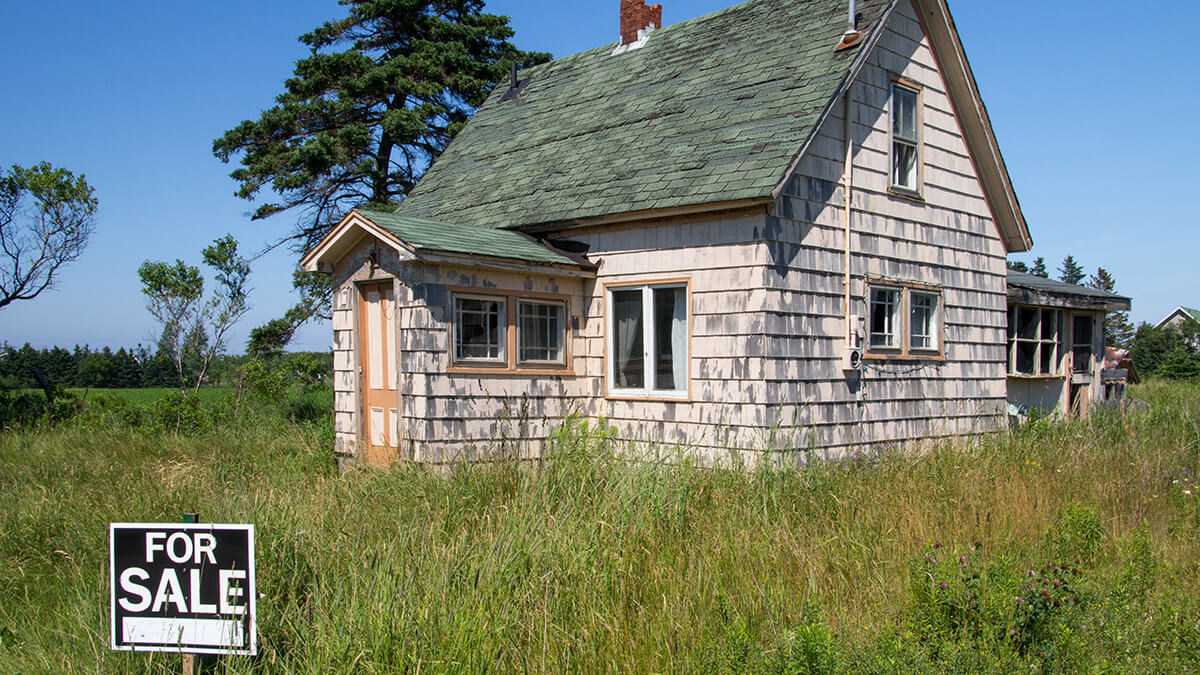
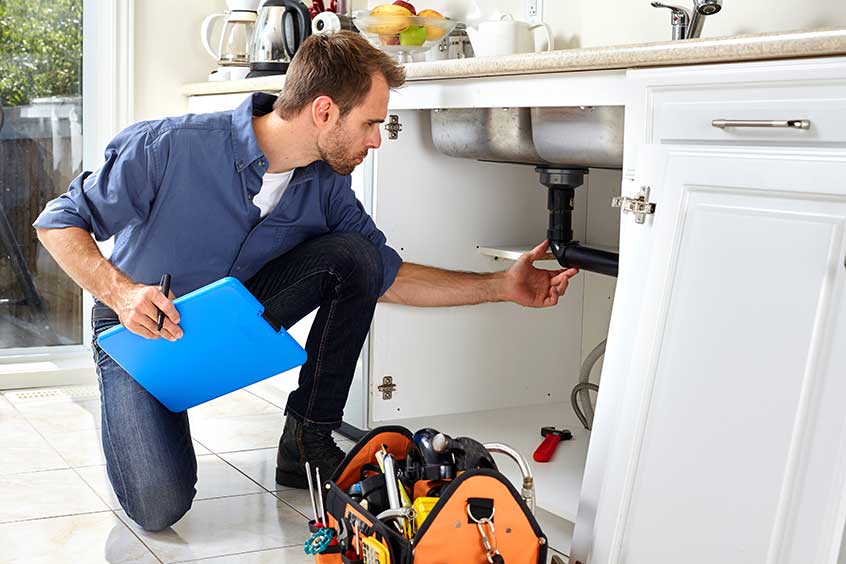
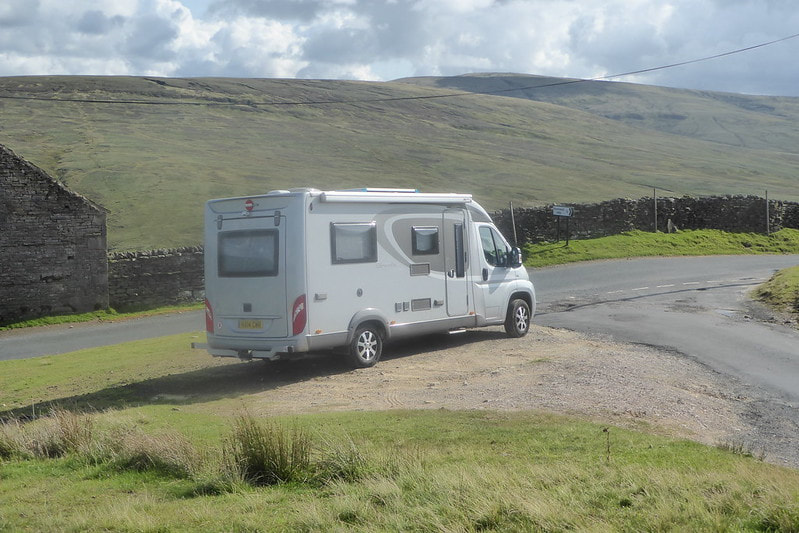
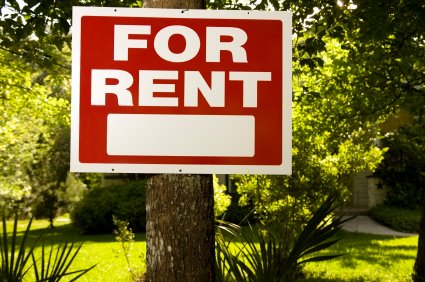
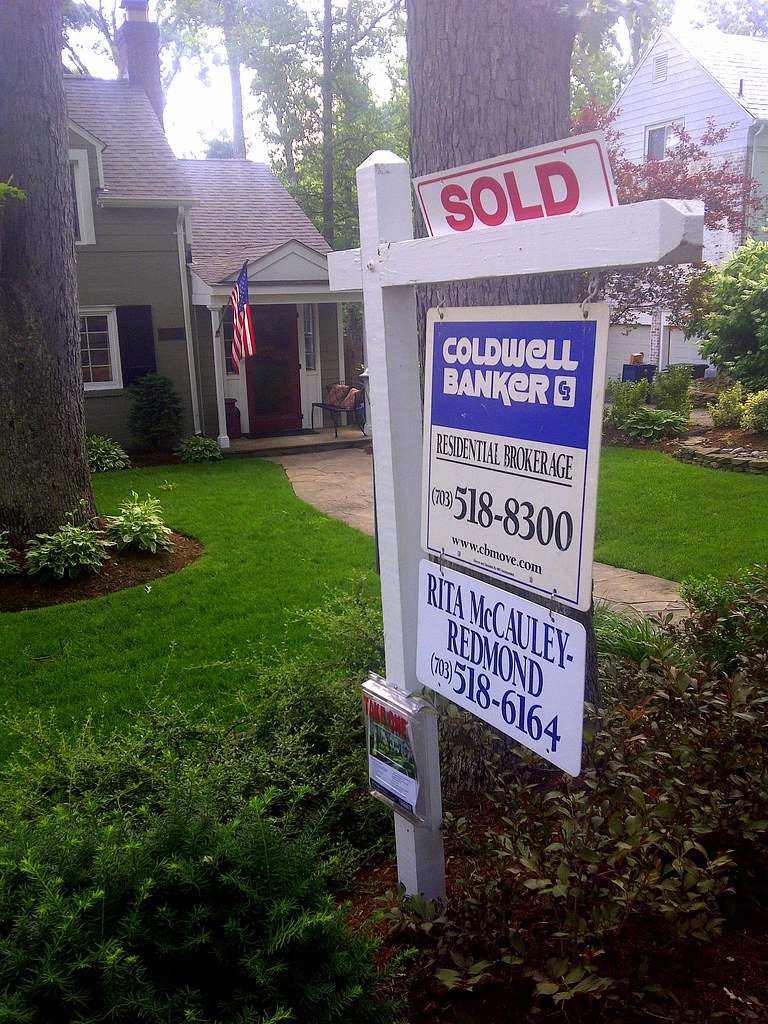
 RSS Feed
RSS Feed